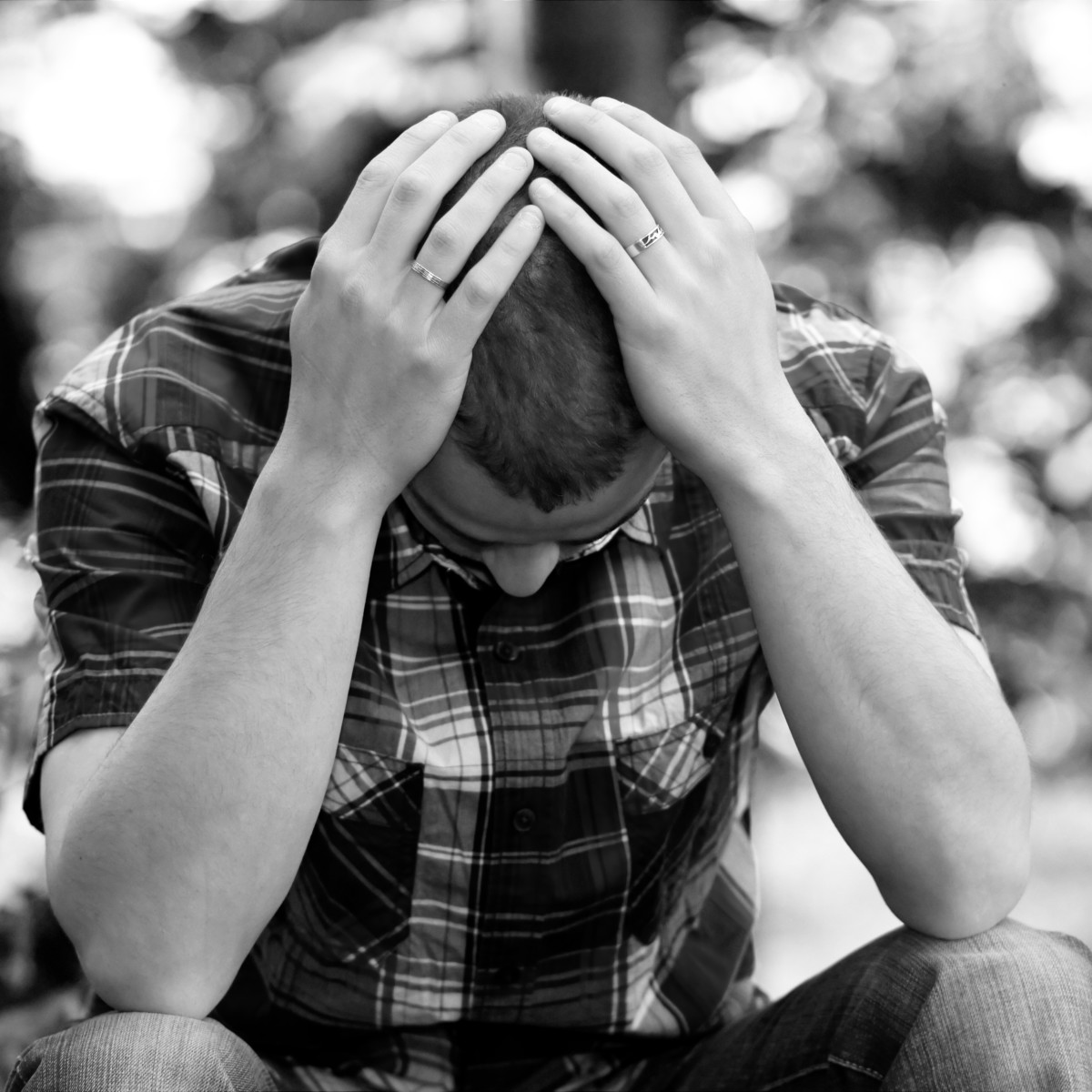Post-traumatic stress disorder (PTSD)
1 de agosto de 2017 by psychotherapist Individual Leave a comment
Post-traumatic stress disorder (PTSD)
Post-traumatic stress disorder (PTSD) was first used as a diagnosis by veterans from the Vietnam War, but such symptoms have existed for much longer. The disorder has had many names, including:
- battle fatigue
- combat stress
- shell shock
- post-traumatic stress syndrome (PTSS).
Post-traumatic stress disorder isn’t only associated with war-related scenarios however. Traumatic events such as natural disasters, abuse and accidents can also cause symptoms.
It is understandable for people to feel distressed and upset after a traumatic event. For many, these feelings gradually subside and they are able to carry on with their lives as normal. For others however, distress and anxiety following a trauma may be ongoing. It can be so severe that their everyday lives and ability to live normally suffer.
This page will explore the disorder in more detail, looking into the symptoms, causes, and types of PTSD treatment. This includes counselling and cognitive behavioural therapy (CBT) for PTSD.
What is post-traumatic stress disorder?
Post-traumatic stress disorder develops after experiencing, or witnessing, a traumatic event. Typically, people in danger feel afraid. When this fear hits, the ‘fight or flight’ response is triggered. But for people with PTSD, this type of reaction is damaged. They may feel frightened or stressed even if they are no longer in danger.
The threat of physical harm, or physical harm itself can cause post-traumatic stress disorder.
To develop the condition, you could be:
- the person who was harmed
- a close relation of the person that was harmed
- someone who witnessed a traumatic event that affected others.
You may even develop the disorder years after the event – there isn’t a time limit on distress.
If you have PTSD, you may relive the traumatic event through flashbacks and nightmares. You also may feel isolated, guilty and sometimes irritable. Sleeping problems such as insomnia are also common. Post-traumatic stress disorder symptoms are persistent and severe enough to impact your daily life.
Seeking help for PTSD
As post-traumatic stress disorder is so complex, many who have it live their life undiagnosed, missing out on treatment. Some may feel uncomfortable talking about their feelings with others and do not want to admit they are struggling to cope after the trauma. There might be a fear of being perceived as emotionally unstable, or even weak. If this is so, their loved ones are usually kept in the dark in such matters.
If you are worried that you are showing signs of PTSD and feel uncomfortable speaking with your family about it, making an appointment with your GP should be your next step. They can help go through your symptoms and will be able to refer you to a mental health specialist for an assessment.
If you are diagnosed with post-traumatic stress disorder you will be given access to specialised PTSD treatment. Such treatment including counselling for PTSD, can offer a private and confidential space to talk about your symptoms and feelings surrounding the trauma and condition.
If you feel you are ready to speak to someone, try using our advanced search tool to find a counsellor or psychotherapist near you who specialises in post-traumatic stress disorder. Speaking to someone who understands the condition can really help.
